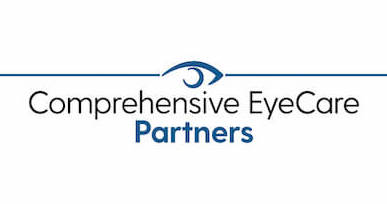
Did you know that January is Glaucoma Awareness Month?
Glaucoma is one of the leading causes of blindness in adults over the age of 60, but up to half of those with glaucoma do not know they have the disease. You can save your vision with early detection and treatment.
What is glaucoma?
Glaucoma is a group of eye diseases that results in vision loss from damage to the optic nerve. The optic nerve sends information about what you see with your eyes to your brain. The eye is continuously producing and draining fluids. If the eye’s drainage system is not functioning properly, fluids in the eye accumulate, increasing the eye pressure and damaging the optic nerve. If left untreated, glaucoma can cause permanent vision loss and even blindness.
There are several types of glaucoma, and the most common one is primary open-angle glaucoma. In this type of glaucoma, the eye’s drainage system becomes clogged over time and the eye pressure gradually builds up. Early in the disease, vision loss occurs slowly and there is no pain, so it is not noticeable by most people. In advanced stages, it results in tunnel vision and even complete blindness. The vision loss from glaucoma is permanent, so don’t wait until you have symptoms to visit your eye doctor.
Acute angle-closure glaucoma is a less common type of glaucoma, but it is one of the few ophthalmic emergencies. In this type of glaucoma, the eye’s drainage stops working abruptly, resulting in a sudden increase in eye pressure. Symptoms include eye pain, vision changes, and often nausea and vomiting. Immediate treatment is needed to save vision.
Risk Factors
Several factors can put you at higher risk for glaucoma. These include:
- Advancing age
- Being of African, Asian, or Hispanic descent
- Having a family history of glaucoma
- History of eye injury
- Long term use of steroid medications
Preventing Vision Loss
The best way to prevent blindness from glaucoma is to catch the disease in its early stages. Getting a comprehensive eye exam is the only way to find out whether you have this potentially blinding disease.
If you are diagnosed with glaucoma, there are many treatments available to slow down or prevent further vision loss. These treatment options include medications, laser procedures, and surgeries. There is no one treatment that works for everyone, so it is important to talk to your eye doctor to see what the best treatment is for you.
Concerned about glaucoma and your eye health? Schedule an appointment at Shepherd Eye Center in Las Vegas, NV, today!


